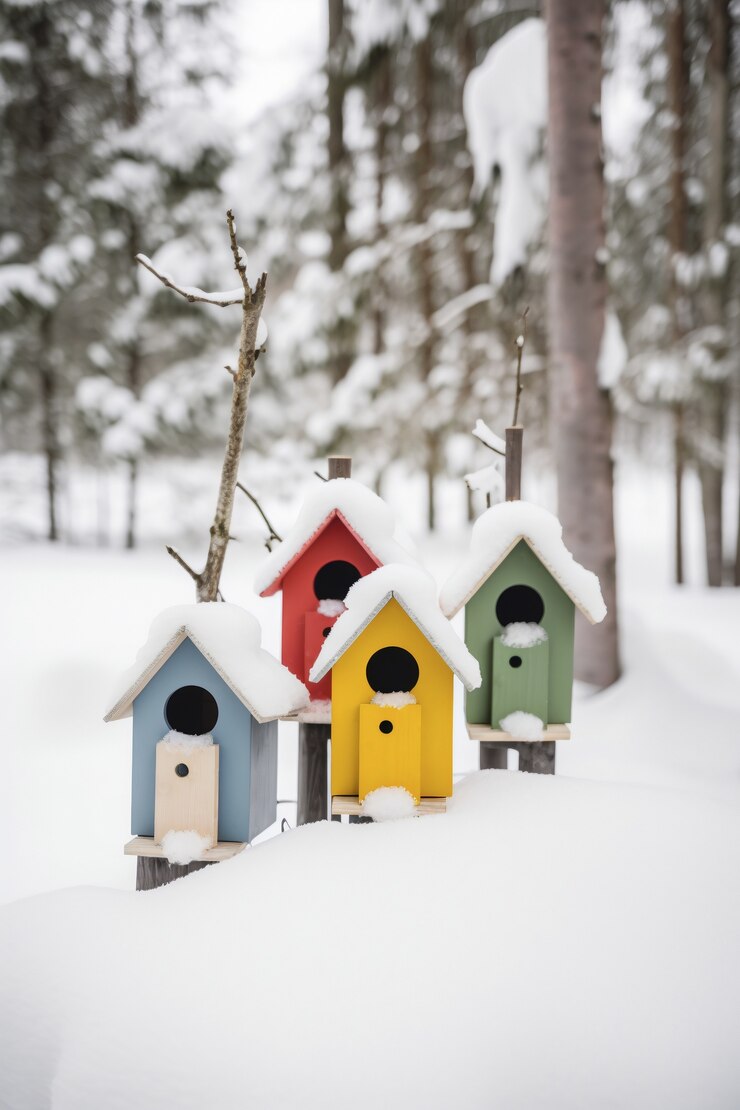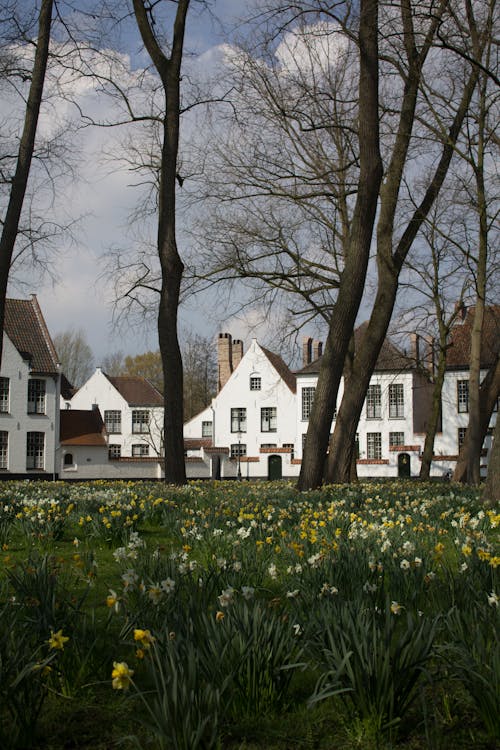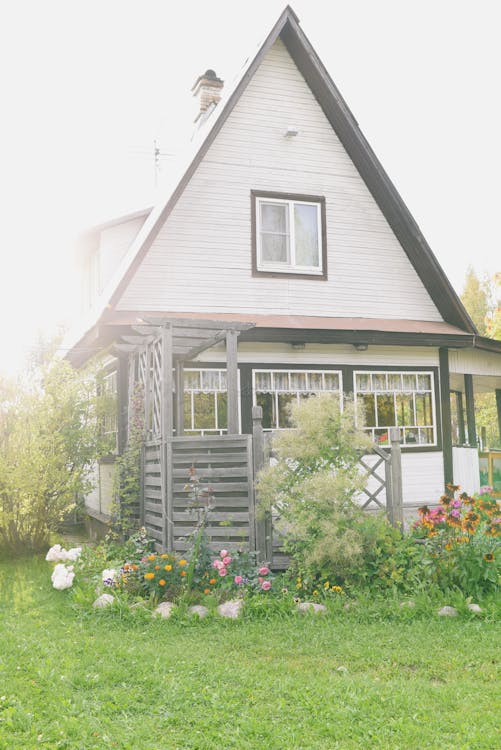
Seasonal property considerations in Winnipeg involve understanding how the city’s extreme weather patterns affect real estate throughout the year. From harsh winters to hot summers, Winnipeg’s climate plays a significant role in property maintenance, energy costs, and market trends. This guide will help homeowners navigate the unique challenges and opportunities of owning seasonal property in Manitoba’s capital.
Key Takeaways
- Winnipeg’s seasonal weather greatly impacts property maintenance and market trends
- Winter preparations are crucial for protecting homes from extreme cold and snow
- Summer property care focuses on cooling systems and outdoor space maintenance
- Energy efficiency is a year-round concern due to temperature extremes
- The real estate market in Winnipeg shows distinct patterns based on seasons
- Rental potential varies throughout the year, especially for vacation properties
- Insurance needs may change seasonally, requiring regular policy reviews
Understanding Winnipeg’s Seasonal Property Market

Winnipeg’s real estate market experiences noticeable shifts with the changing seasons. The spring and summer months typically see increased activity, with more listings and eager buyers. In contrast, the winter months often bring a slower market, though determined buyers can find good deals during this time.
Spring and Summer: Peak Buying Season
As the snow melts and temperatures rise, Winnipeg’s property market comes alive. Families often prefer to move during this time to coincide with the school year. Properties with well-maintained yards and outdoor spaces become particularly attractive during these warmer months.
Fall: A Time of Transition
Autumn in Winnipeg brings a mix of opportunities for buyers and sellers. While the market may slow down compared to summer, many people still aim to complete transactions before the winter sets in. This season can be ideal for showcasing properties with beautiful fall foliage or cozy interiors.
Winter: Challenges and Opportunities
Winnipeg’s notorious winters can make property showings and moves more challenging. However, serious buyers often emerge during this time, leading to potentially quicker sales. Properties that demonstrate excellent insulation and efficient heating systems can stand out in the winter market.
Seasonal Maintenance for Winnipeg Properties
Owning a property in Winnipeg requires year-round attention to maintenance tasks that change with the seasons. Proper upkeep not only preserves the value of your investment but also ensures comfort and safety throughout the year.
Winter Property Care
Winnipeg’s winters demand careful preparation to protect homes from extreme cold, snow, and ice. Key tasks include:
- Insulating pipes to prevent freezing
- Checking and maintaining heating systems
- Clearing snow and ice from walkways and driveways
- Inspecting the roof for ice dams and snow buildup
Spring Renewal
As winter recedes, spring brings its own set of maintenance needs:
- Checking for winter damage to the exterior
- Cleaning gutters and downspouts
- Inspecting and repairing window screens
- Preparing air conditioning units for summer use
Summer Upkeep
Winnipeg’s summers can be hot and humid, requiring attention to:
- Maintaining cooling systems
- Caring for lawns and gardens
- Checking for pest infestations
- Painting and exterior repairs
Fall Preparations
Autumn is the time to ready your property for the coming winter:
- Sealing air leaks around windows and doors
- Cleaning and inspecting the furnace
- Raking leaves and preparing the yard for winter
- Draining and storing outdoor water systems
Energy Efficiency Across Seasons
Energy efficiency is a year-round concern for Winnipeg homeowners due to the city’s temperature extremes. Implementing energy-saving measures can lead to significant cost savings and increased comfort.
Winter Energy Savings
During Winnipeg’s long, cold winters, focus on:
- Upgrading insulation in walls, attics, and basements
- Installing programmable thermostats
- Using heavy curtains or blinds to retain heat
- Sealing drafts around windows and doors
Summer Energy Conservation
In the warmer months, consider:
- Using ceiling fans to improve air circulation
- Installing energy-efficient window treatments
- Properly maintaining air conditioning systems
- Utilizing natural ventilation during cooler evenings
Seasonal Rental Considerations
For those considering renting out their Winnipeg property, understanding seasonal demand is crucial. The rental market in Winnipeg can fluctuate throughout the year, influenced by factors such as student populations, tourism, and local events.
Summer Rental Opportunities
Summer often brings increased demand for short-term rentals, particularly in areas near popular attractions or event venues. Properties with outdoor amenities like patios or gardens can be especially attractive during this season.
Winter Rental Strategies
While demand may decrease in winter, there are still opportunities for rental properties. Homes near winter sports facilities or with cozy features like fireplaces can appeal to specific renters during the colder months.
Insurance Considerations for Seasonal Properties

Insurance needs for Winnipeg properties can vary with the seasons. It’s important to review policies regularly to ensure adequate coverage for seasonal risks.
Winter Insurance Needs
During winter, consider coverage for:
- Snow and ice damage
- Frozen pipes
- Increased liability due to slippery conditions
Summer Insurance Adjustments
In summer, focus on:
- Coverage for storm damage
- Liability for outdoor activities and features (e.g., pools, trampolines)
- Protection against heat-related issues like air conditioning failures
Seasonal Property Investment Strategies
Investors in Winnipeg’s real estate market should consider seasonal trends when making decisions. Understanding these patterns can help in timing purchases, sales, and renovations for maximum benefit.
Buying in the Off-Season
Purchasing property during Winnipeg’s slower winter months may lead to better deals. However, it’s important to factor in the challenges of winter viewings and potential hidden issues under snow cover.
Selling in Peak Seasons
Listing a property during the busier spring and summer months can attract more potential buyers. Ensure the property is showcased to highlight its best seasonal features.
Year-Round Investment Considerations
Regardless of the season, consider:
- Long-term market trends in Winnipeg
- Neighborhood development plans
- Proximity to amenities and transportation
Seasonal Property Tax Considerations
Property taxes in Winnipeg can be affected by seasonal factors. Understanding these can help homeowners budget effectively and take advantage of any available programs or rebates.
Assessment Timing
Winnipeg typically assesses property values every two years. The timing of these assessments can impact your property taxes, so it’s important to stay informed about the assessment schedule.
Seasonal Tax Programs
Be aware of any seasonal tax programs offered by the City of Winnipeg, such as:
- Snow clearing rebates for seniors
- Energy efficiency improvement credits
- Seasonal home renovation incentives
Adapting to Winnipeg’s Seasonal Lifestyle
Owning property in Winnipeg means embracing the city’s distinct seasonal lifestyle. Each season brings unique opportunities for enjoying your property and the surrounding community.
Winter Activities
Despite the cold, Winnipeg offers numerous winter activities:
- Ice skating on the river trail
- Cross-country skiing in city parks
- Attending winter festivals and events
Summer Enjoyment
Summer in Winnipeg is a time for outdoor living:
- Hosting backyard barbecues
- Visiting nearby lakes and beaches
- Participating in community garden programs
Seasonal Property Valuation Factors
The value of a property in Winnipeg can fluctuate seasonally. Understanding these factors can help in making informed decisions about buying, selling, or refinancing.
Winter Valuation Challenges
During winter, property valuations may be affected by:
- Limited curb appeal due to snow cover
- Difficulty assessing exterior condition
- Reduced comparable sales data
Summer Valuation Advantages
Summer valuations often benefit from:
- Enhanced curb appeal with landscaping in full bloom
- Easier assessment of exterior condition
- More active market with increased comparable sales
Seasonal Financing Options

Financing for property purchases or renovations in Winnipeg may have seasonal variations. Being aware of these can help in securing the best terms for your needs.
Winter Financing Opportunities
Some lenders may offer special winter promotions to attract borrowers during slower months. This could include:
- Reduced interest rates
- Lower closing costs
- More flexible terms
Summer Financing Considerations
During the busier summer months, consider:
- Pre-approval to stand out in a competitive market
- Locking in rates early as they may rise with increased demand
- Exploring various lender options for the best deals
Seasonal Property Marketing Strategies
When selling a property in Winnipeg, tailoring your marketing approach to the season can make a significant difference.
Winter Marketing Tips
- Showcase the coziness and warmth of the interior
- Highlight energy-efficient features
- Use virtual tours to overcome viewing challenges
Summer Marketing Approaches
- Emphasize outdoor living spaces and gardens
- Schedule open houses during optimal daylight hours
- Showcase the property’s cooling features
Conclusion: Embracing Winnipeg’s Seasonal Property Market
Navigating Winnipeg’s seasonal property market requires understanding and adapting to the city’s unique climate and real estate cycles. By considering seasonal factors in maintenance, energy efficiency, rentals, insurance, and market trends, homeowners and investors can make informed decisions throughout the year. Embracing the seasonal nature of Winnipeg’s property market can lead to rewarding experiences and sound investments in this vibrant prairie city. For more information, visit our website or contact us!